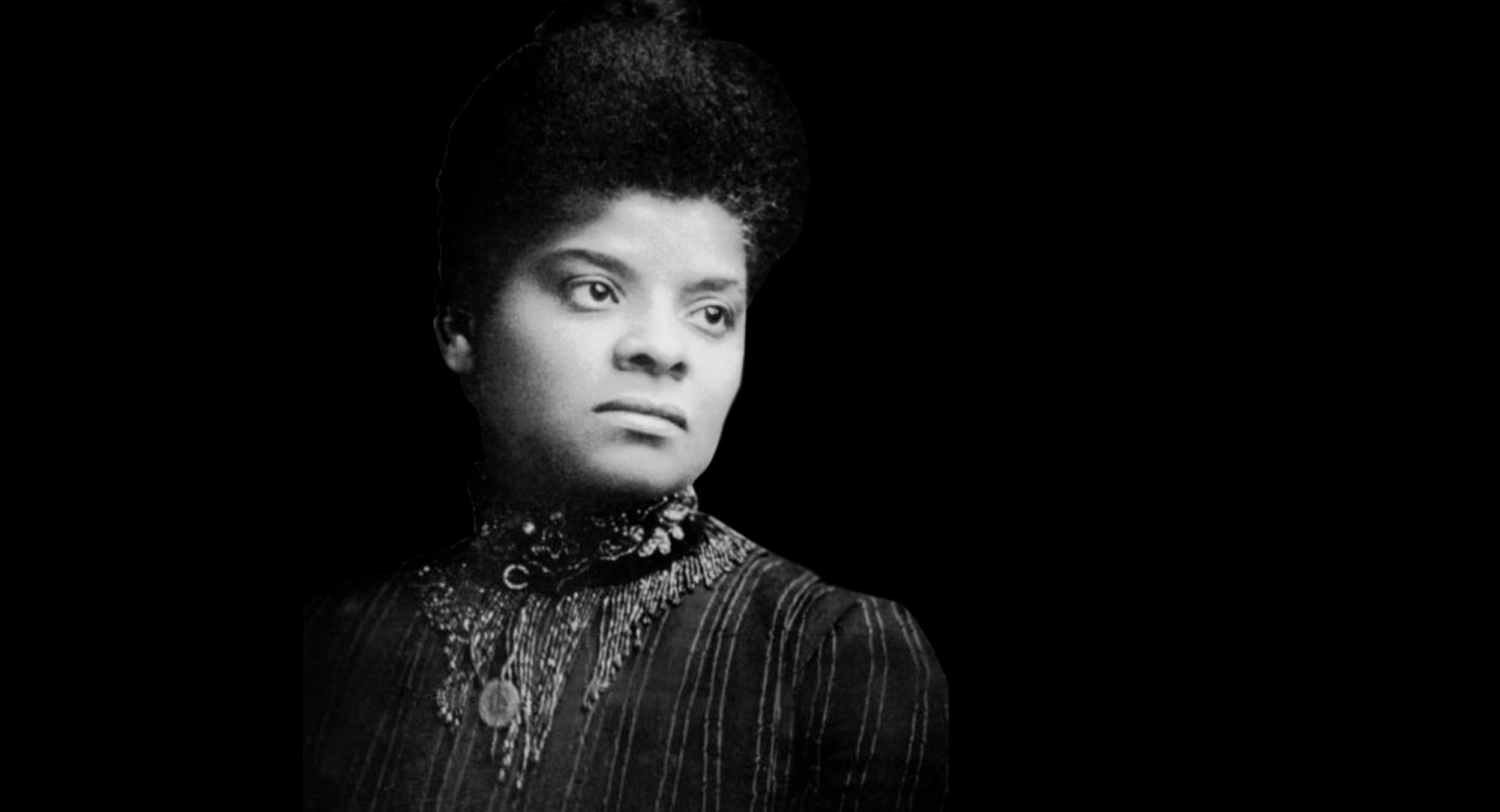Brave Woman: The Radicalism of Ida B. Wells
Posted by Pete on Jul 16th 2020
Today marks the birthday of Ida B. Wells, one of the greatest radicals in the history of the United States.
There’s plenty Ida B. Wells (1862-1931) would have found confusing about 2020.
She was born during the Civil War and died at the start of the Great Depression, long before the age of smart phones and Twitter.
But the Black Lives Matter movement – she’d understand that completely.
Ida B. Wells gave her whole life to the struggle for black lives and liberation.

Growing up in segregated America
She was the daughter of two slaves, born in Mississippi in 1862.
Made free by the Emancipation Proclamation, Ida grew up in an America where white supremacism had been dealt a blow, but little more – very soon after the Civil War, it was resurgent.
By the 1880s, the Confederacy’s white elite had quite seamlessly re-established its dominance with little-to-no resistance – and often outright support – from the Federal government.
Ida lived through this restoration of white supremacism in late-19th century America, with one incident in particular leaving its mark.
On 4 th May 1884 – seventy years before Rosa Parks was arrested in Montgomery – Ida B. Wells was forcibly removed from a segregated train on the Chesapeake & Ohio Railroad when she refused to give up her seat in first-class.

'There is no justice here'
A year earlier, a reactionary Supreme Court had effectively cancelled the Civil Rights Act of 1875 which outlawed racial discrimination in public places, opening the legal door to mass segregation.
Ida sued the train company for her treatment but the Tennessee courts ruled in favour of the racists.
"I felt so disappointed…is there no justice in this land for us?"
But Wells didn’t lose heart. She was just getting started.
The lawsuit had seen her establish a reputation as a formidable writer in African-American newspapers, and she now turned to a career of radical journalism in the service of black liberation.
Soon enough, Ida was dismissed by the Memphis Board of Education for writing about the poor conditions in local black schools like the one she worked at.
Intelligent black women were tolerated so long as they didn’t speak out.
Then, a year later, on 9 th March 1892, Thomas Moss – a black grocer arrested on spurious charges in South Memphis – was lynched by a mob of 75 whites.
His last words? "There is no justice here."
Ida B. Wells was devastated and enraged. Moss had been a close friend – she was the godmother of his first child.
In response to his murder, Wells launched into a fierce campaign against the systematically unpunished lynching of black Americans in the South.
As a result, Wells’ office in Memphis was soon burned by a white mob, so she moved to the North to carry on the struggle.
In October 1892 she published her groundbreaking book Southern Horrors: lynch law in all its phases to rouse the white North into action against the epidemic of white terror in the South.
Failing that, and anticipating the thought of Malcolm X, Wells insisted African Americans arm themselves to defend against lynch mobs.
She also sailed to Britain, in 1893 and then again in 1894, to mobilize international pressure against the racial violence which the US government was neglecting in the South.
On Wells' anti-lynching journalism, an elderly Frederick Douglass wrote to her,
"There has been no word equal to it in convincing power. I have spoken, but my word is feeble in comparison. Brave woman!”
Ida Wells fought for countless other radical causes – black labor unions, women’s suffrage, the broader civil rights movement (she co-founded the NAACP) – but her anti-lynching crusade rings loudest for us right now.
It was the Black Lives Matter of the late-19th century.
Against racist abuse in the press and at the risk of her own life, Ida B. Wells stood up to white America and demanded it stop killing her people.
If she were here today, would she be saddened that racism has not yet been overcome? Of course. Would she be disheartened? No chance.

The fight goes on
She would be inspired by the sight of millions of African Americans fighting for their rights and dignity, continuing her legacy.
BLM protesters occupying the area around the Tennessee State Capitol – the heartland of the Confederacy – renamed it last month.
If you went there today, you’d be on 'Ida B. Wells Plaza'.
